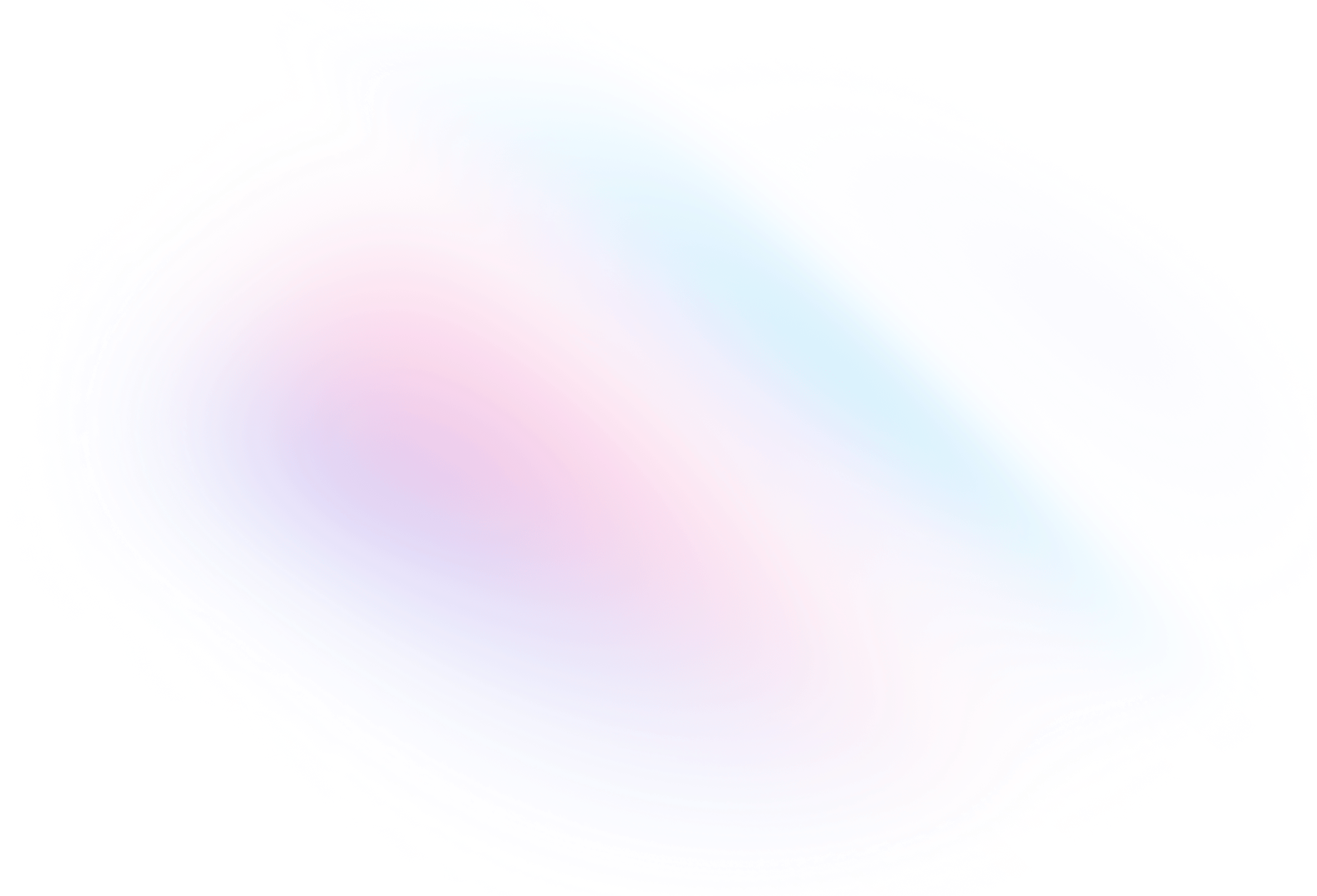Current Issue
We are pleased to introduce the inaugural issue of Conclusions in Engineering, a multidisciplinary journal dedicated to advancing research and innovation across all engineering disciplines. This first volume marks the beginning of a platform designed to facilitate the dissemination of high-quality research and engineering solutions that address real-world challenges.
Volume 1, Issue 1 features a diverse collection of research articles, reviews, and technical notes covering cutting-edge developments in engineering. Topics in this issue include computational modeling, materials science, energy systems, structural analysis, and aerospace engineering. The contributions present novel methodologies, experimental investigations, and theoretical insights, offering valuable perspectives to both researchers and industry professionals.
We extend our gratitude to the authors, reviewers, and editorial board members who have contributed to making this inaugural issue a success. We look forward to fostering impactful discussions and collaborations in future editions.
